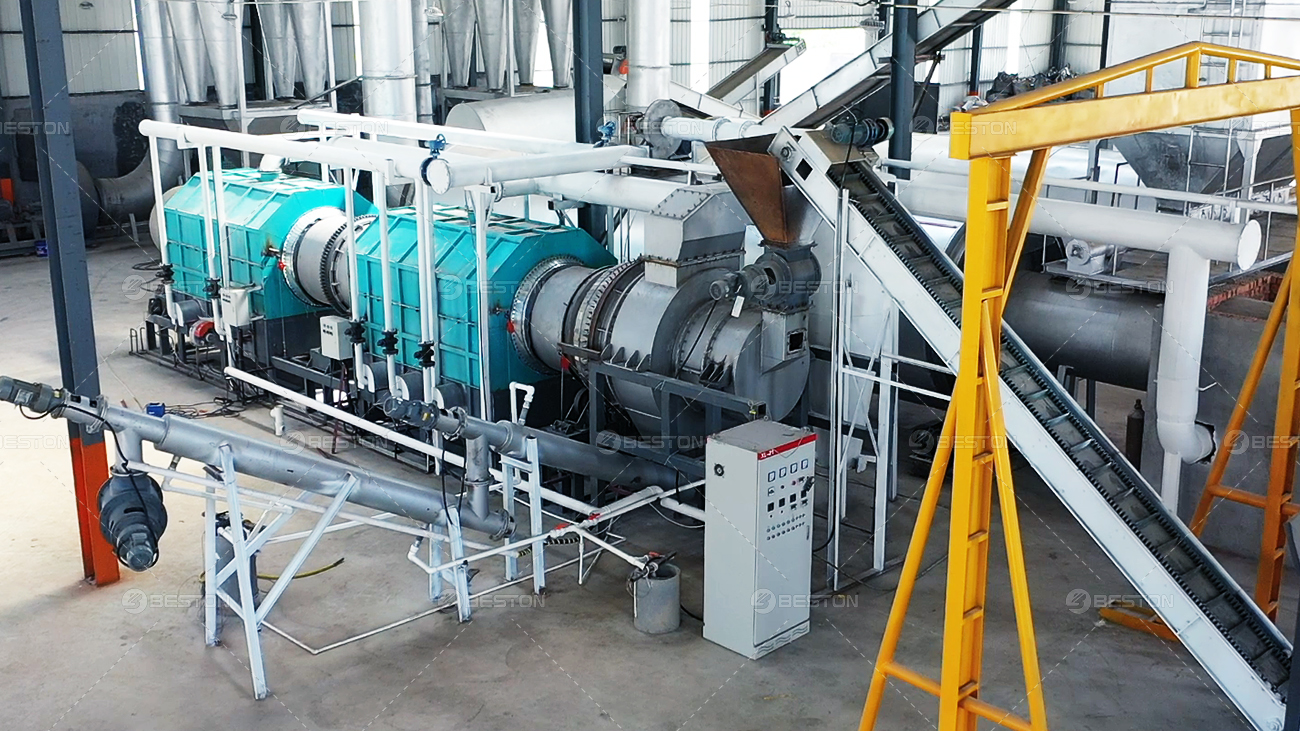Key Factors Influencing Wood Charcoal Machine Price
The price of a wood charcoal machine can vary considerably, influenced by several critical factors ranging from technical specifications to market dynamics. For investors and manufacturers looking to purchase or upgrade their equipment, understanding these factors is essential to making an informed decision that balances both cost and operational efficiency. Several variables such as machine design, production capacity, quality of materials, and technological innovations affect the overall pricing of charcoal machines. This article explores these factors in detail to provide insight into the determinants of charcoal machine price.
1. Machine Capacity and Size
The production capacity of a wood charcoal machine is one of the most significant factors that affect its price. Charcoal machines designed for small-scale operations will generally have a lower price point, as they are less complex, with lower throughput and fewer technical specifications. In contrast, large-scale industrial machines that can process a high volume of wood and produce large quantities of charcoal tend to have higher prices due to their advanced features and increased material handling capabilities.
The size of the machine is also linked to the power requirements, operational complexity, and the type of control systems used. Larger machines often feature automated systems and multiple reactors, which further escalate the cost.

2. Technology and Innovation
The technological level incorporated into the wood charcoal machine plays a crucial role in determining its price. Modern wood charcoal machines are equipped with advanced technologies such as automatic control systems, high-efficiency combustion chambers, and environmental pollution control devices. These features enhance the efficiency of the charcoal-making process and reduce emissions, making the machine more cost-effective and environmentally friendly.
Machines that incorporate cutting-edge features like automated feeding, energy recovery systems, and advanced cooling technology usually come at a premium. For instance, some systems utilize waste heat recovery from the pyrolysis process to reduce the need for external fuel sources, which can significantly lower operational costs over time.
3. Materials and Build Quality
The quality of the materials used in the construction of the charcoal machine also directly impacts the price. High-grade steel and other durable materials that can withstand the high temperatures and corrosive conditions typical in charcoal production are more expensive but extend the life of the equipment.
Machines that are designed to operate continuously, often made with superior materials, tend to be more expensive than those intended for intermittent use. Durability and resilience in the face of extreme temperatures, chemical exposure, and long operating hours are essential considerations when purchasing a charcoal machine.
4. Manufacturing Origin and Brand Reputation
The country or region where the charcoal machine is manufactured also plays a role in determining its price. Machines built in countries with advanced manufacturing capabilities and stringent quality control standards tend to be more expensive due to higher labor costs and the use of superior materials. Additionally, well-established manufacturers with a reputation for quality and reliability may charge a premium for their products.
Brands that are known for producing high-performance and durable charcoal machines typically have higher prices, but the added investment can lead to fewer maintenance issues, longer lifespans, and better customer support services.
5. Production Method and Customization
Charcoal machines can vary significantly in their production methods. Standard machines with basic functionality may have a lower price, but custom-built machines designed for specific production needs—such as larger sizes or unique feedstock requirements—will generally be priced higher.
Customized equipment often includes modifications such as special reactor sizes, adapted feeding systems, or enhanced filtration systems to meet specific production goals. The level of customization required to fit particular business needs can have a substantial impact on the final price of the machine.
6. Energy Efficiency and Environmental Compliance
Energy efficiency is another factor that can influence the cost of a wood charcoal machine. Machines designed with high fuel efficiency, such as those equipped with energy recovery systems that recycle heat or gas, generally cost more upfront but provide long-term savings. These machines often have lower operational costs, as they require less external fuel and reduce energy consumption.
Additionally, modern charcoal machines often come equipped with advanced emission control systems to comply with stringent environmental regulations. These systems help reduce harmful emissions such as smoke and particulate matter, improving the environmental footprint of the charcoal production process. Compliance with environmental standards may increase the initial cost but can provide regulatory advantages and help avoid fines or penalties.
7. Supply and Demand
The broader market forces of supply and demand can also influence the price of a charcoal machine. In regions with high demand for charcoal production, competition among manufacturers can drive prices up due to greater demand for advanced equipment. Similarly, if there is a shortage of certain materials used in the production of charcoal machines, manufacturers may increase their prices to reflect the rising cost of raw materials.
Market fluctuations can also be influenced by shifts in global production, trade tariffs, and the availability of new technologies. As industries expand or new regulations are introduced, the demand for more efficient and environmentally compliant charcoal machines may drive prices higher.
8. Maintenance and Support Services
The level of post-purchase support and maintenance offered by the manufacturer can affect the price of the charcoal machine. Machines that come with extended warranty packages, comprehensive training, and readily available spare parts tend to cost more due to the added value of ongoing customer service.
Furthermore, machines that require less frequent or less intensive maintenance may justify higher upfront costs. For companies seeking to minimize downtime and ensure consistent operation, investing in high-quality machines with excellent support services is often worth the added expense.